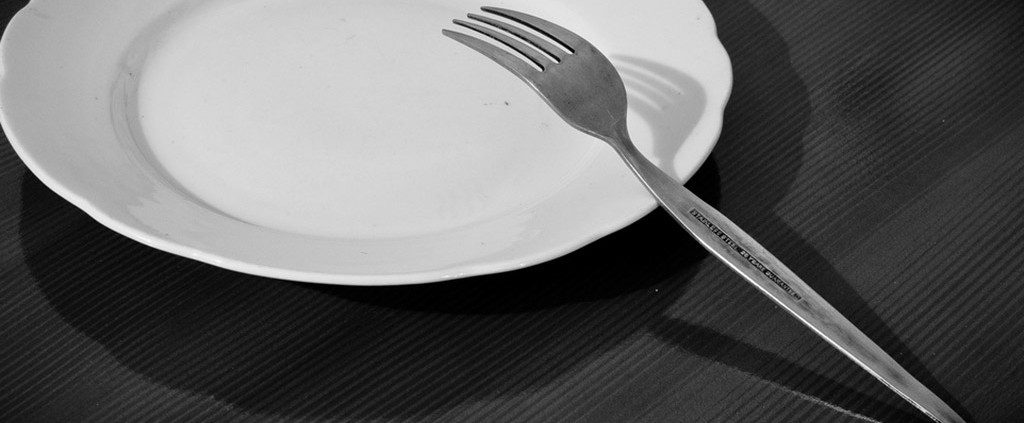Do We Still Need to Fast?
Written By Abigail Lai, Singapore
I’ve never been one to subscribe to the spiritual discipline of fasting. I’ve always considered it irrelevant in today’s context—almost extreme, in fact. Fasting, I thought, was something the Pharisees did to look good and impress people. God, however, has led me to discover that fasting is a lot more than just superficial religiosity.
In June last year, I started fasting for the first time. Over a period of six months, I abstained from food once a week, drinking only sweetened drinks throughout the day.
Until then, I had not realized how much comfort food could bring. During that one day of fasting, I noticed myself becoming more irritable and impatient as the day progressed—and sad by night-time. By the end of the day, I would be anticipating my first meal of the next day more than ever.
For many of us, food is a natural source of comfort. We don’t think twice about eating to satiate our hunger. Some of us even rave about how much we love eating. Until we deliberately stop ourselves from eating, do we find out how important food is to us. When this basic need is not met, discomfort and dissatisfaction naturally set in. And it is when we have an empty stomach and unmet cravings, that we then start to ask: What else can satisfy us fully?
Going to the Bread of Life
When Jesus declared, “I am the bread of life” (John 6:35), He chose to use food as an analogy to describe Himself and the way He meets our needs. He continued: “Whoever comes to me will never go hungry, and whoever believes in me will never be thirsty.”
Jesus knows our need for food, and the sustenance and satisfaction it brings. But He is saying that He is that one source of food and nourishment that is able to satisfy all our hunger and thirst. He is saying that He is enough—He can give us enough satisfaction, enough comfort, and enough sustenance. He is all the fullness we need. What Jesus is saying is: I am enough for you.
So why fast?
The Bible does not say that all Christians must fast. But it does present fasting as something that is profitable and good, and is often mentioned together with prayer. Jesus Himself fasted for 40 days and 40 nights before being tempted by the devil.
Fasting forces us to question the source of our comfort and satisfaction. It makes us think about what we turn to when our basic needs or usual sources of satisfaction are taken away. It forces us to ask ourselves if we really believe that Jesus is our one true source of amazing, immense satisfaction.
You could fast from anything, not just food. You could abstain from television programmes or even Facebook. You could abstain from specific kinds of food (meat, cold drinks or dessert etc.), or entire meals. You may also choose to fast for selected periods, such as once a week or every morning.
Fasting may be a radical thing to do, and few of us may practise it now. But I pray that the Lord Jesus will lead us to a fast that teaches us to rely on Him alone for our satisfaction. As American preacher John Piper writes in A Hunger for God (a book about fasting): “If you don’t feel strong desires for the manifestation of the glory of God, it is not because you have drunk deeply and are satisfied. It is because you have nibbled so long at the table of the world. Your soul is stuffed with small things, and there is no room for the great.”
Perhaps it is good to seriously consider this discipline of fasting, while the Bridegroom is not physically with us.
“Jesus answered, ‘How can the guests of the bridegroom mourn while he is with them? The time will come when the bridegroom will be taken from them; then they will fast.’ ” (Matthew 9:15)









Leave a Reply
Want to join the discussion?Feel free to contribute!